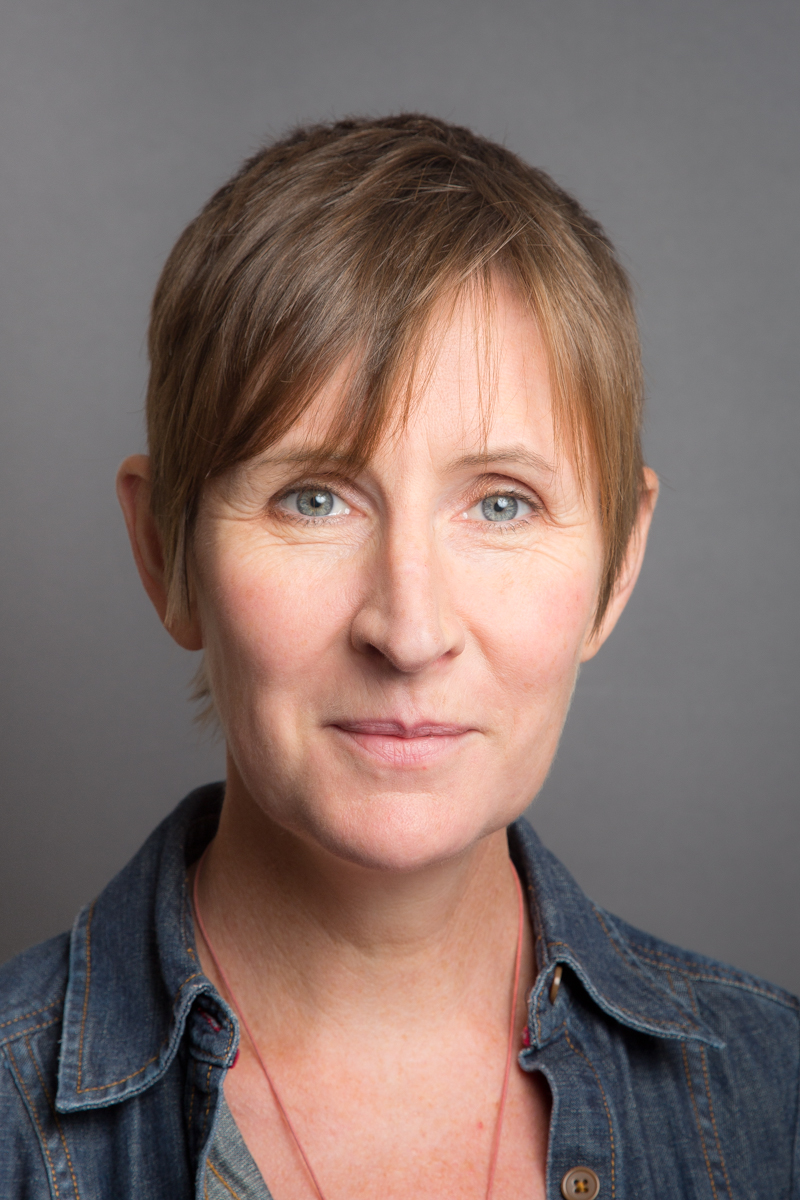BAY: Behavioural Activation for Young People with Depression: Randomised Controlled Trial
What are we trying to do?
The BAY Trial aims to find out whether providing Behavioural Activation (BA) to young people (YP) with depression is beneficial while they wait for specialist care in Child and Adolescent Mental Health Services (CAMHS). Normally, YP have check-ins while they wait for specialist treatment – this is called ‘routine care’.
BA is a treatment where depressed YP plan and do activities that are important to them, such as meeting friends or taking part in a hobby. This technique has been shown to be useful for adults, but there is not enough evidence to know if it also helps YP with depression.
Current routine care for YP with depression is ‘blended therapy’, which means mental health services work with them in different ways and settings, such as seeing them in clinics, talking on the phone, or making video calls. As part of the study, researchers are asking young people for their views on the relative benefits of online and in-person therapies.
There are three questions the study aims to answer:
- Does adding blended BA to routine care work better than usual routine care plus information about depression and reduce the need for specialist therapy?
- What do YP, carers and clinicians think about blended BA?
- Does blended BA provide value for money?
Why is this important?
In 2017, almost one in 4 teenage girls, and one in 10 teenage boys in the UK reported high levels of depressive symptoms. These numbers have increased further, especially due to the COVID-19 pandemic.
However, even before the pandemic, 75% of YP couldn’t get specialist help from CAMHS, even if their depression was severe. This is because therapies are expensive, and there are not enough therapists to provide the amount of care that’s needed.
Therefore, it’s important to find a way to treat YP while they wait for specialist CAMHS treatment. If BA is proven to be helpful, staff who don’t have therapy training, for example newly qualified nurses or assistant psychologists, could be trained to provide BA to YP. Training for BA is much faster than for other therapies, so the number of healthcare professionals able to provide BA could be increased much more quickly than other specialist treatments.
How are we doing it?
At the beginning of the study, we included a test period to make sure enough people wanted to take part. Next, we developed our website with YP, as we knew they liked seeing the BA workbook online, but they told us that we needed to make it better.
We aim to recruit 528 11-17-year-old YP with depression in four areas of England. The YP will be divided by chance into two groups. One group will get blended BA and routine care and the other will get routine care plus information on depression.
We are training less experienced clinicians to provide BA and are offering several BA sessions to YP face-to-face, which helps develop a good relationship between a therapist and YP and helps the therapist to monitor risks. The other BA sessions are being planned together which includes choosing whether to use a video or phone call. During eight sessions of 50 minutes, healthcare professionals and YP will use a co-designed workbook that can be worked through online or in-person.
We will assess whether BA has helped and whether it provides good value for money at 12 weeks, 6 months and 1 year after the treatment takes place and we will also look at what encourages or prevents people and services from using BA. This will help us to create guidance for CAMHS units on the use of blended BA.
You can find out more about this study on the BAY website, where you can also watch an animation called ‘The BAY Trial: Behavioural Activation for young people with depression in CAMHS’.
Who are we working with?
This research project is led by Professor Bernadka Dubicka, Professor of Child and Adolescent Psychiatry at Hull and York Medical School University of York; Honorary MAHSC Professor at The University of Manchester; Consultant at Greater Manchester Mental Health Trust; and honorary consultant at Pennine Care NHS Foundation Trust.
The following organisations are involved in the study:
- The University of Manchester
- University of Nottingham
- Greater Manchester Mental Health NHS Foundation Trust
- Manchester University NHS Foundation Trust
- Nottingham University Hospitals NHS Trust
- Pennine Care NHS Foundation Trust
- Cambridgeshire and Peterborough NHS Foundation Trust
Funding information
This study is funded by the NIHR Health Technology Assessment Mental Health programme.
More information

Programme Manager
Gill Rizzello
gill.rizzello@manchester.ac.uk